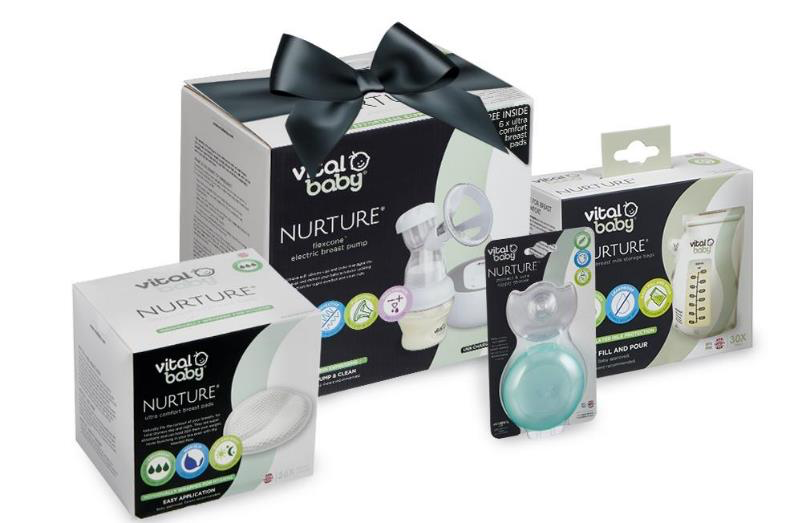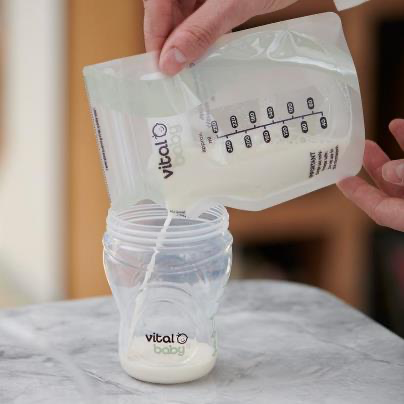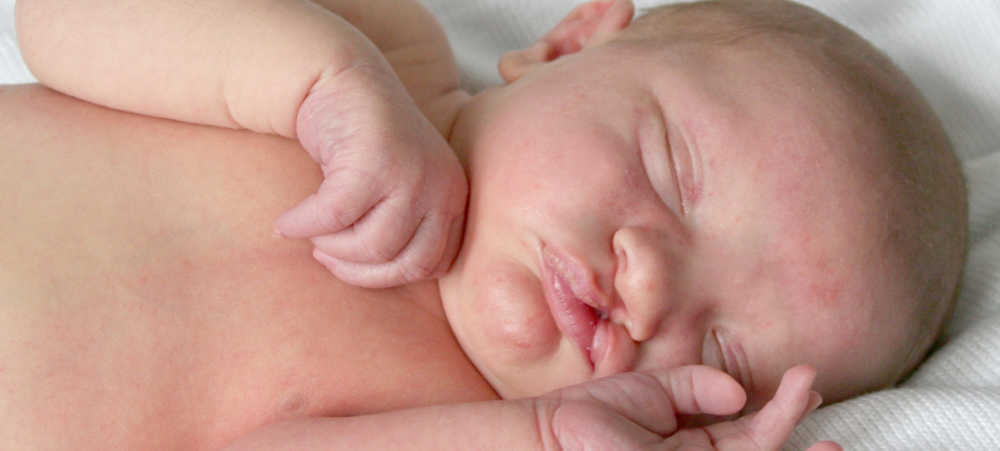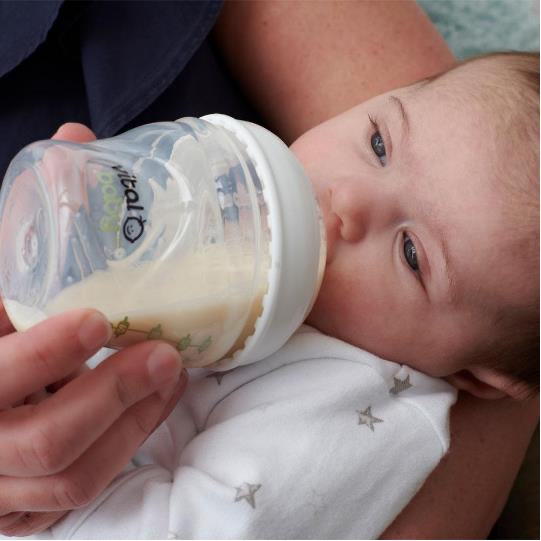Cleft lip and palate are common birth defects that affect the development of the upper lip and the roof of your baby’s mouth.
They occur when the tissues that form these structures do not fuse properly during pregnancy. The causes of cleft lip and palate are not fully understood, but they may involve a combination of genetic and environmental factors.
Cleft lip and palate can affect your baby’s appearance, feeding, speech, hearing, dental health, and self-esteem. This is because many children with cleft conditions are rejected by their cultures and their families and may face ridicule and harassment for their appearance. As a result, they often struggle with low self-confidence, bullying and social exclusion.
Correct Care for Cleft Palate
Early surgical intervention is important for cleft palate babies as it can prevent speech patterns from being negatively affected. “A great many South African parents do not realise that the quality of life of children born with cleft lip and palate can be drastically improved as help is available and there is always a way to get assistance for your child,” says Netcare Doctor Professor Tim Christofides.
Smile Foundation SA encourages new parents to celebrate their babies and seek help from the medical professionals available through their non-profit organisation that aims to assist children from disadvantaged backgrounds to receive life-changing Plastic and Reconstructive surgery to correct facial anomalies that children have been born with or developed because of trauma.
International children’s charity Smile Train South Africa supports 100%-free cleft repair surgery and comprehensive cleft care for children globally and empowers local medical professionals to provide cleft care in their own communities.
Treatment involves surgery to repair the cleft, as well as other interventions such as speech therapy, dental work, and ear care. Cleft lip surgery usually takes place when your baby is aged 3 to 6 months old, and cleft palate surgery is done when your baby is 6 to 12 months old.
Vital Feeding Support for Your Baby

Feeding your baby with cleft lip and palate can be challenging, as babies born with cleft may be unable to feed properly and may suffer from malnutrition and thirst. The risk of death is nine times higher for cleft-born children.Vital Baby offers a range of products for babies and toddlers, including feeding, weaning, hydrating, and soothing items. If you want to breastfeed your baby, you may need some extra support and guidance from a lactation consultant or a nurse. Breastfeeding a baby with cleft lip and palate can be possible but may require some modifications, such as using a breast pump, a nipple shield, and supplemental feeding appliances to help you stay calm and organised.
Controlled Flow Feeding for Cleft Babies:
Babies with cleft lip and palate may need special bottles or nipples that allow the parent to control the flow of milk or formula into the baby’s mouth.
Vital Baby offers a range of bottles and nipples suitable for cleft-born babies, such as the Nurture Breast-Like Feeding Bottle, the Nurture Bottle Feeding Gift Set designed to mimic the natural feel and shape of the breast and to help your baby latch on easily and comfortably, and the Nurture Flexcone Electric Breast Pump Gift Set,
Burping Your Cleft Baby
Babies with cleft lip and palate may also need frequent burping during and after feeding, as they may swallow more air than usual. Vital Baby recommends using their Easy Pour Breast Milk Storage Bags to store and freeze breastmilk and to gently squeeze out any air bubbles before feeding. They also suggest using their Nipple Shields to protect sore or cracked nipples and their Ultra Comfort Breast Pads to absorb any leaks or spills.
Feeding Position for Cleft Baby
Babies with cleft lip and palate can benefit from a supportive and comfortable feeding position, such as holding them upright or slightly tilted to prevent milk or formula from going into the baby’s nose or ears. During breastfeeding, a mother’s nipple naturally flattens when in the baby’s mouth. The vital baby® NURTURE™ breast like teats are designed to mimic breastfeeding, with a Flexzone teat to stretch and flex just like a nipple, helping avoid bottle confusion and making the transition between breast and bottle easier so your child can get all the nutrition it needs to grow strong.
Weight Management for Cleft Baby
Check your baby’s weight regularly to make sure he or she is getting enough nutrition. Your doctor or nurse will tell you how often to weigh your baby and what weight gain to expect. Remember, too, that caring for your baby with cleft lip and palate can be emotionally and physically demanding, so it’s important to take care of yourself as well as your baby.

Soon enough, you will be celebrating all your baby’s milestones and achievements; until then, focus on your baby’s strengths and abilities rather than his or her differences. Remember that your baby is unique and beautiful regardless of the cleft.
Vital Baby cares about you and your newborn. Head over to our Family Corner to learn more about caring and nurturing your little one.
- Silent Night? How to Handle Baby Sleep Disruptions During the Holidays - December 17, 2025
- Mental Health and the NICU Mom: The Silent Battle Behind the Glass - December 8, 2025
- Co-Sleeping, Cribs, or Sleep Training — What Works Best? - November 10, 2025







